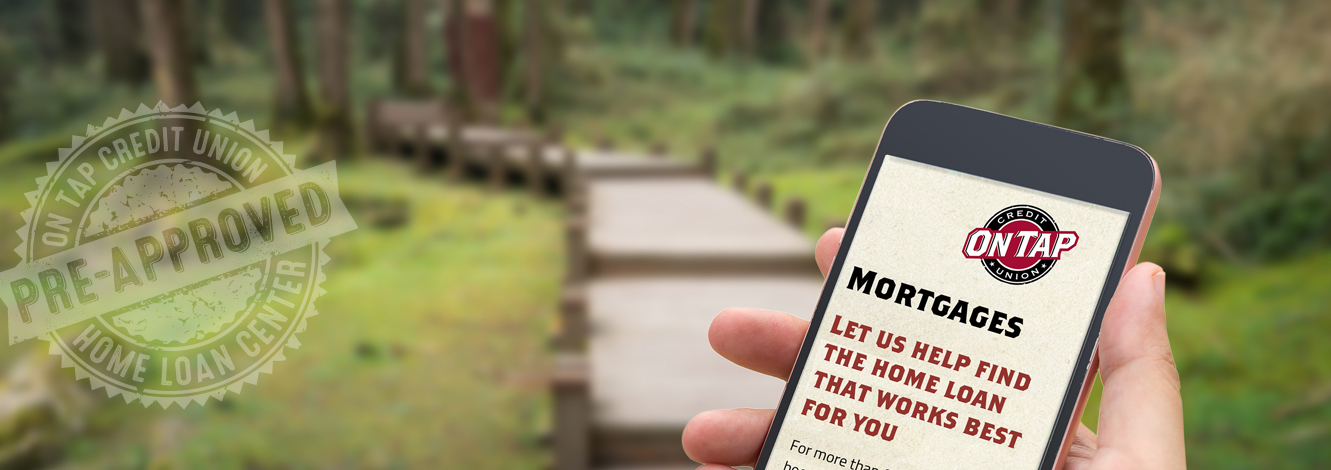Recovering From Debt – Crafting The Right Budget
[Five Minute Read]
Escaping debt is by no means an overnight process. Think of it like planning a trip. First you pick where you want to go, then you plan the journey for how you will reach that destination. Knowing where you want to end up is essential for planning the right steps you need to take in order to get there. Similarly, diving into budgeting and debt management can quickly become overwhelming and discouraging without first defining what it is you are working toward. Before jumping into detailing a budget, begin by making a list of what it is you want to accomplish. After all, managing money is all about making it possible for you to live the life that makes you happiest, so start by writing down what that means to you. For some that might mean being able to travel, buy a home, or start a family while for others that may mean being able to purchase recreational vehicles, start a business, or leave a richer legacy for the generation that comes next. No matter where you are in life, having a plan for where you want to go next will help to alleviate frustration by ensuring that the plans you make match where you want to end up.
Craft Your Budget As Your Path To Where You Want To Go
Once you have your goals clearly defined, it’s time to start making your map to get there. Just like you wouldn’t start building a home without making a plan first, crafting the right budget is essential for escaping from stress over debt and building a stable path forward. For many of us though, this is where we begin to feel discouraged. You probably already know if you are struggling to make ends meet or if you have been taking on more debt than you are paying off so putting it down on paper can naturally lead to feeling stressed about where you are. This is where the goals you previously defined become your key. Use those as your north star to remind yourself that your budget isn’t about where you are now, it is all about getting you to where you want to go. Evaluating where you are to start will simply help you take that first step forward on your journey to financial freedom.
Start making your budget by determining how much income you receive each month after taxes have been deducted since you know those have to be paid. Once you have calculated your monthly income, begin listing your necessary expenses:
- Housing
- Insurance
- Utilities (electric, water, gas, internet, etc.)
- Groceries
- Phone payment
- Vehicle loans
- Transportation expenses (gas, public transport costs, parking, etc.)
Additional necessary expenses may include books and tuition if you are in school, family care, child-support, or other court mandated payments depending on your situation. Once you have the essentials covered, add to your list the remaining bills and debts that you owe regularly which impact your credit:
- Credit cards
- Student loans
- Personal loans
- Collections
Last, now that you have a detailed list of your required payments, you want to think a little deeper into your spending habits and list your other regular expenses that may not be essential but traditionally make their way onto your bank statements each month. This may include:
- Eating out
- Entertainment
- Shopping
- Monthly subscriptions
- Internet spending
- Travel
Since these expenses may vary slightly each month, consider looking back over your last 6 months of bank statements to help discover patterns and estimate the average monthly cost for each activity. When you have all your necessary and regular expenses listed, total them together and subtract that total from your after-tax income. This will leave you with the amount of money you have left over to put toward your future and you now have a snapshot of your current financial needs that you can work forward with.
While it may be tempting to want to stop here, a mistake frequently made when budgeting, this snapshot is only the reflection of where you have been. Now it is time to craft your budget for moving forward with intention toward the goals you previously defined. Take some time to ask yourself, does the amount you have left over each month match what you need to reach your goals in a timely fashion? If the answer is no, this is your chance to evaluate your spending and work backward from your goals, fitting your expenses to your plans appropriately and adjusting your habits as needed.
Check out part two of our blog, Recovering From Debt – Overcoming A Tight Budget, for tips and strategies to help you get started reducing your balances and freeing up more cash to put toward turning your goals into possibilities.


.png)
.png)
